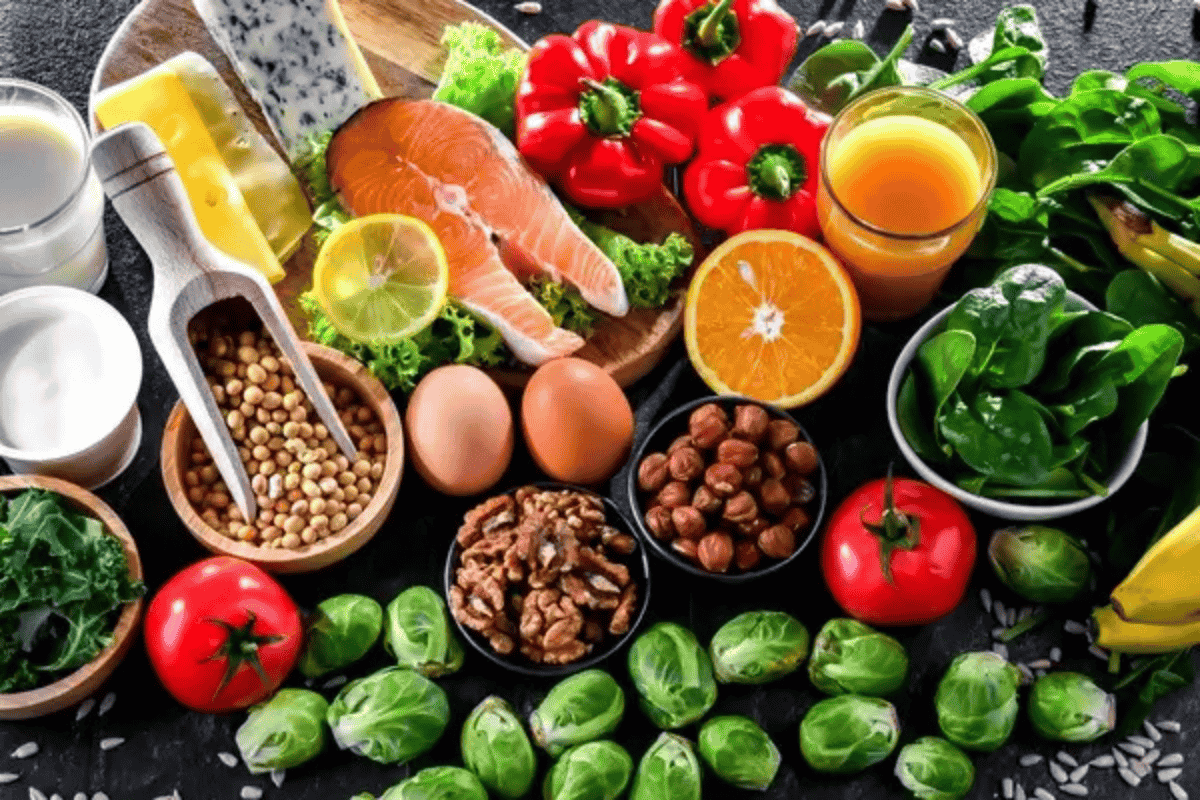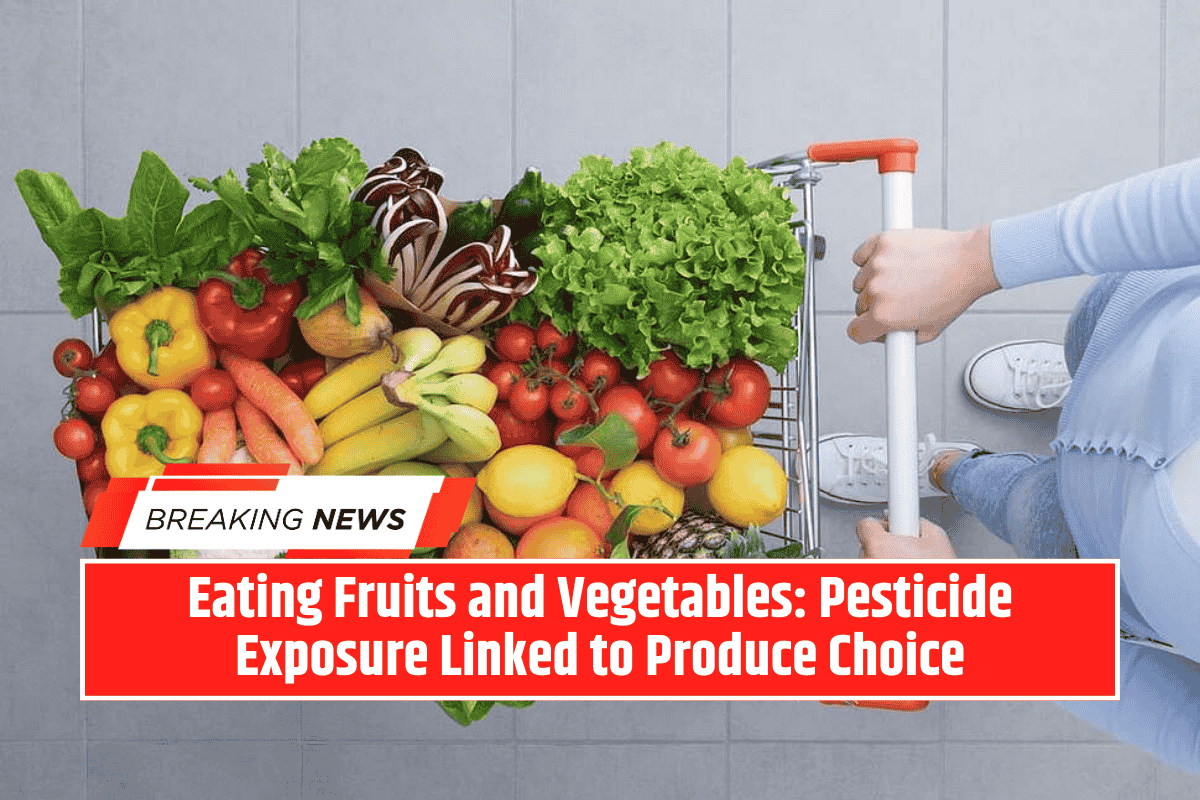Vitamin K is an essential nutrient that plays a key role in blood clotting, bone strength, and heart health. It works even better when combined with vitamin D, making the duo a powerful team for overall wellness.
There are two main types: Vitamin K1, found mostly in plant-based foods like leafy greens, and Vitamin K2, found in fermented and animal-based products.
A long-term deficiency in vitamin K can lead to serious health issues like heart disease, weak bones (osteoporosis), tooth decay, and even cognitive decline. Thankfully, several everyday foods are loaded with this vital vitamin. Here’s a list of 13 top vitamin K-rich foods you can add to your Indian diet.
1. Kale and Leafy Greens
Leafy greens like kale are some of the richest sources of vitamin K. Just one cup of kale gives you nearly seven times the daily recommended intake (DRI). These greens also offer:
- Vitamin A and C
- Lutein (great for eye health)
- Antioxidants that protect your cells
Other leafy greens with high vitamin K include:
- Spinach
- Swiss chard
- Mustard greens
- Cooked beet greens
- Parsley
2. Natto (Fermented Soybeans)
This Japanese dish is very high in vitamin K2, the form that’s great for bone health. One cup of natto provides half of your daily vitamin K needs. It’s also rich in:
- Protein
- Iron, magnesium, calcium
- B vitamins like folate and B6
While it may not suit everyone’s taste, natto is incredibly nutritious.
3. Brussels Sprouts
These mini cabbages are full of nutrients. Just half a cup of cooked Brussels sprouts meets your daily needs for both vitamin C and K. They are:
- High in protein (for a veggie)
- Rich in antioxidants
- Known for their cancer-fighting properties
4. Broccoli
One cup of raw, chopped broccoli offers 116% of the vitamin K DRI. It’s also packed with:
- Vitamin A and C
- Folate
- Manganese and potassium
Eat it raw or lightly steamed to retain the most nutrients.
5. Cabbage
Another cruciferous vegetable, cabbage provides 85% of your daily vitamin K in just one cup. It also:
- Helps control blood sugar
- Contains antioxidants
- May reduce the risk of heart disease
Popular varieties include napa cabbage, red cabbage, green cabbage, and bok choy.
6. Scallions (Spring Onions)
Scallions are great for adding a quick vitamin K boost to your meals. Just 2 tablespoons provide over 30% of your daily requirement. They’re also a good source of vitamin A.
7. Prunes (Dried Plums)
Known for aiding digestion, prunes also support bone health. A half-cup serving gives you 65% of your daily vitamin K needs. They also provide:
- Potassium
- Magnesium
- Vitamin A and B6
Studies show prunes can help prevent bone loss, especially in postmenopausal women.
8. Fermented Dairy Products
Full-fat fermented dairy products like:
- Blue cheese
- Soft-ripened cheese
- Greek yogurt
are great sources of vitamin K2.
They also provide:
- Healthy fats
- Calcium
- Gut-friendly probiotics
Higher fat versions generally offer more vitamin K2.
9. Asparagus
Four large spears of asparagus deliver 35% of your daily vitamin K, along with:
- Folate
- B vitamins
- Fiber
It helps with brain function, digestion, and urinary health.
10. Fresh and Dried Basil
Just 2 tablespoons of fresh basil give you 27% of the vitamin K DRI. But even more impressive is 1 tablespoon of dried basil, which gives you 96% of your daily needs.
Other herbs high in vitamin K:
- Thyme
- Parsley
- Cilantro
- Sage
11. Soybeans (Edamame)
One cup of cooked edamame gives you 52% of the vitamin K DRI. It’s also packed with:
- Plant-based protein
- Folate and thiamin
- Potassium and magnesium
Soybeans may also support heart health, reduce cancer risk, and ease menopausal symptoms.
12. Cucumbers
One cucumber with skin provides 62% of your daily vitamin K. It’s also rich in:
- Vitamin C
- Potassium
- Water and fiber
Cucumbers help reduce inflammation and support healthy digestion.
13. Extra Virgin Olive Oil
One tablespoon may only give you 10% of the daily vitamin K, but it offers several other health benefits:
- Anti-inflammatory
- Heart-protective
- Brain-boosting
Drizzle it on salads or pasta for a nutritious touch.
Vitamin K is more than just a blood-clotting vitamin—it’s a bone builder, heart protector, and immune booster. Adding a mix of leafy greens, fermented foods, soybeans, and herbs to your meals can naturally meet your vitamin K needs.
For best results, try combining vitamin K foods with healthy fats like olive oil or ghee, which improve absorption. Whether you’re aiming for stronger bones, better heart health, or overall wellness, these vitamin K-rich foods are a smart addition to your diet.









